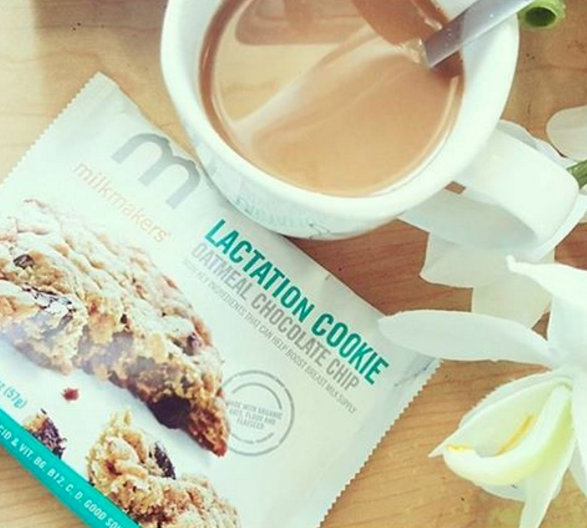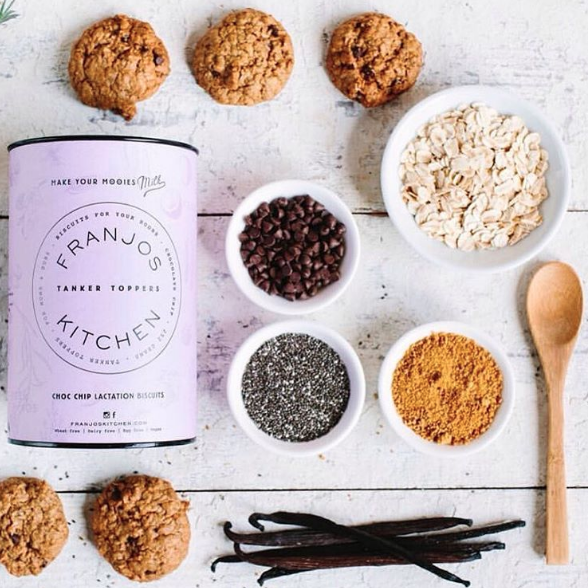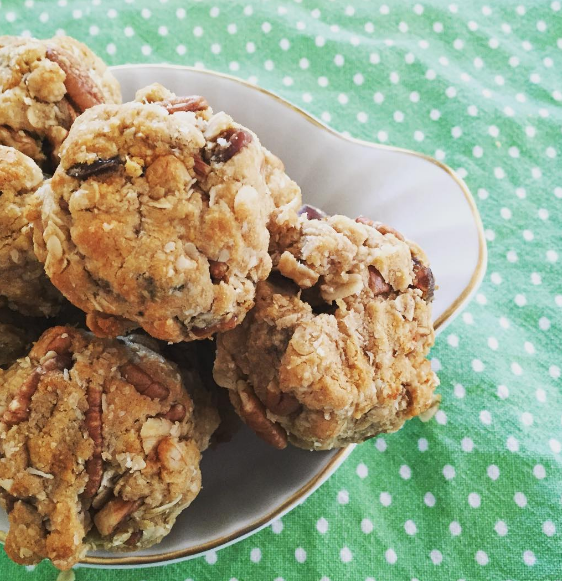What you need to know about lactation cookies

While breastfeeding is known to be beneficial for both moms and babies, research shows that up to 80 per cent of women have trouble producing milk.
As a result, all-natural products are popping up and being labelled as the solution to the problem.
“Lactation cookies” have become a popular product on the market. Among the different recipes, common ingredients include oats, flaxseed, brewer’s yeast and fenugreek - a combination aimed at boosting a woman’s milk supply.
Miesha Vargas started Baby Love Lactation Cookies in January 2015 after seeing a growing demand for the cookies on various social forums. The mother of three says she’s gotten great feedback from her clients and is even considering expanding her business this year.
“It’s what has kept me making them even after returning to my role as a doula. I have moms who order every week or bi-monthly, like clockwork. Some moms have serious supply issues and need a temporary ‘band-aid’ to help them come back up to speed.”

(instagram/sosi_a_shop_for_little_people)
Vargas’s cookies are made almost entirely of organic ingredients, with no chemicals or preservatives. Although she recommends no more than two a day, there’s no harm in eating more because they’re made up of healthy components.
“I can say with 100 per cent honesty that they do work,” she says. “Almost too well! I’ve never had supply issues myself and would often find myself engorged if I ate more than one cookie.”
While many women swear by the treat, not everyone is recommending it as a solution to the problem.
Dr. Jack Newman, a Toronto pediatrician and founder of the Newman Breastfeeding Clinic and Institute, says there’s no evidence these ingredients do the trick.
“There is certainly no proof that any of such cookies work, but the placebo effect in breastfeeding can be strong, both positively and negatively, as when mothers are told they ‘don’t have the right equipment’ to breastfeed.”
Newman notes that there are all sorts of cultural recommendations for what increases milk supply, like fish and papaya soup in southern China, Malunggay leaves in the Philippines and brewer’s yeast in northern Europe.
“I would say they work mostly as placebos. But there’s nothing wrong with that,” he says. “With all the negative and poor information mothers get about breastfeeding all over the world, a placebo is not a bad thing.”

When it comes to a low milk supply, Newman says the issue can occur for a number of reasons. It could be that the mother never produced enough milk to begin with.
“The most common reason is that mothers get off to a poor start,” he explains. “They get separated from their babies, or are given bottles early on for various reasons that actually are not valid most of the time.”
Regardless of whether the cookies work or not, he does say breastfeeding is vital.
“The risks of not breastfeeding are significant, as they are for the mother as well as for the baby. For example, the longer a mother breastfeeds, the lower her risk of breast cancer, ovarian cancer, uterine cancer and Type 2 diabetes,” he says.
Newman says women who are breastfeeding should eat as they normally do and see the right specialist to help with any problems they may have.

